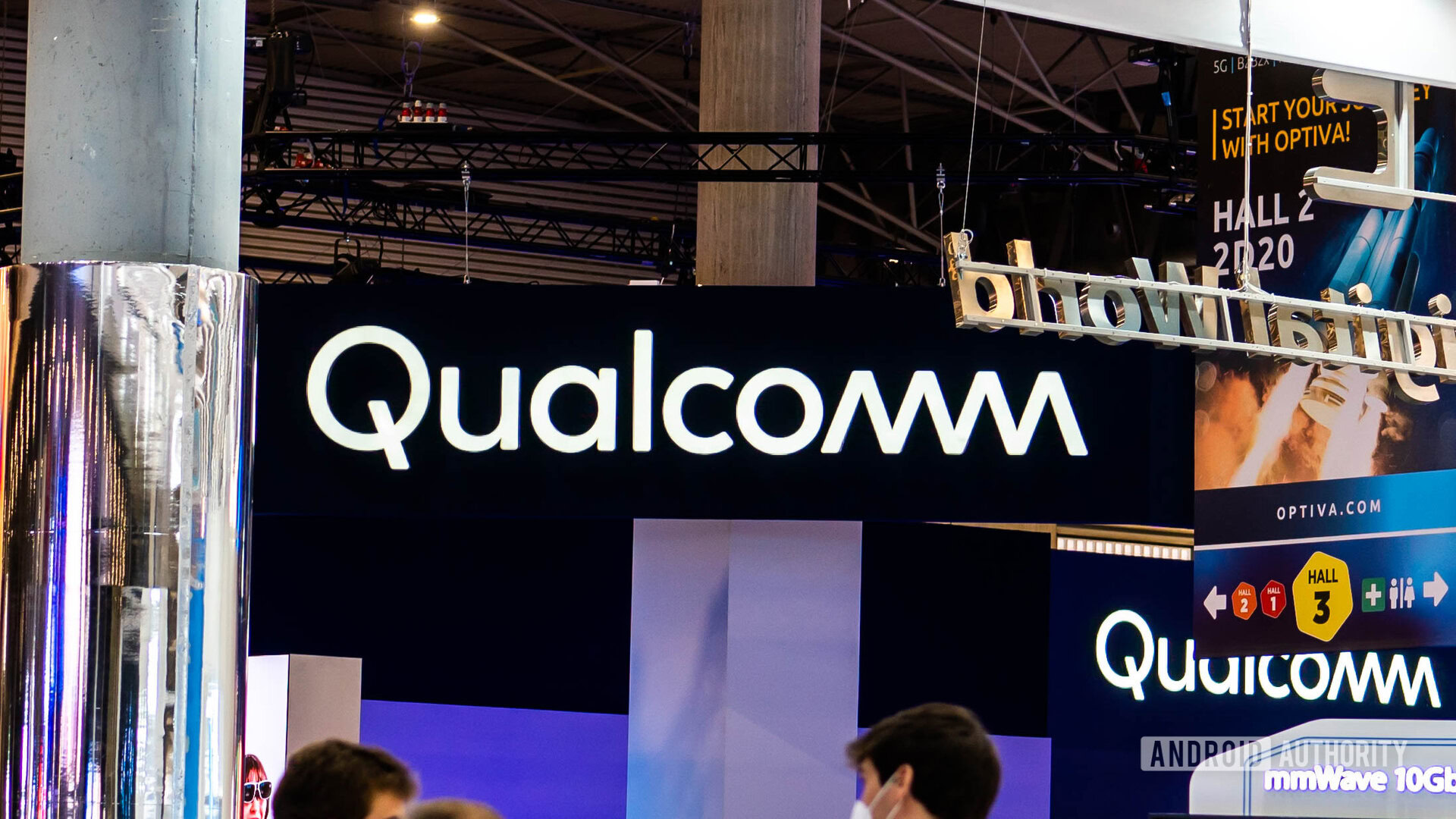TLDR
- A Qualcomm executive told Android Authority that the company is working to make it easier for OEMs to keep devices with older Qualcomm chipsets up to date.
- The company understands that updating older devices is currently “complicated,” not to mention expensive.
- There will be some announcements on this topic “later this year,” presumably surrounding the launch of the Snapdragon 8 Gen 4.
Do they? Presumably they’d open source and upstream their firmware or at the very least provide longer software support if that were the case.
Yeah, even the TLDR makes it sound more like Qualcomm is yielding to the pressure from OEMs who want to be able to offer longer updates
What’s funny to me is that you could say Apple is the reason for this.
Apple’s had longer OS support for their phones than any Android manufacturer for a while, but then Google started catching up when they got their own chips and now Samsung and the others are pushing Qualcomm to quit their bullshit.
I do use an iPhone myself currently, but if Qualcomm opens their shit up enough that OEMs can provide at LEAST 5 years of software updates to their flagships, I might go back to Androidland (though I’m not sure what to even consider, I dislike Samsung and OnePlus disappointed me so hard with the OxygenOS->ColorOS switch that it’s literally the reason I went to iOS.
I suppose any Android phone would be good if I ran a custom ROM like I used to, but a couple of years ago bank apps in my country started checking the integrity of the bootloader and whatever. I couldn’t find any way around it back then, but maybe there’s something now?
No, that’d be too easy. We can’t have that. Please buy new chips.
I’m cautiously optimistic about this, because Qualcomm has been actually putting in some work to get the mainline Linux kernel more supported on their Snapdragon X Elite laptop CPU: https://www.tomshardware.com/software/linux/qualcomm-goes-where-apple-wont-readies-official-linux-support-for-snapdragon-x-elite. This doesn’t necessarily mean the same benefits will come to their mobile chipsets, but I’m hopeful that there is some runoff benefit from their new laptop efforts here.
While I do not expect to see Android devices with future Snapdragon 8 Gen 4 chipsets immediately booting mainline kernels on release, this might be a step towards achieving something closer to that. Those efforts will certainly make it easier for phone manufacturers to release updated kernels, and therefore Android releases, for their devices, or at least stop using Qualcomm as the excuse for not doing so (see e.g. Fairphone 4’s software support roadmap: https://support.fairphone.com/hc/en-us/articles/9979180437393-Fairphone-OS).




